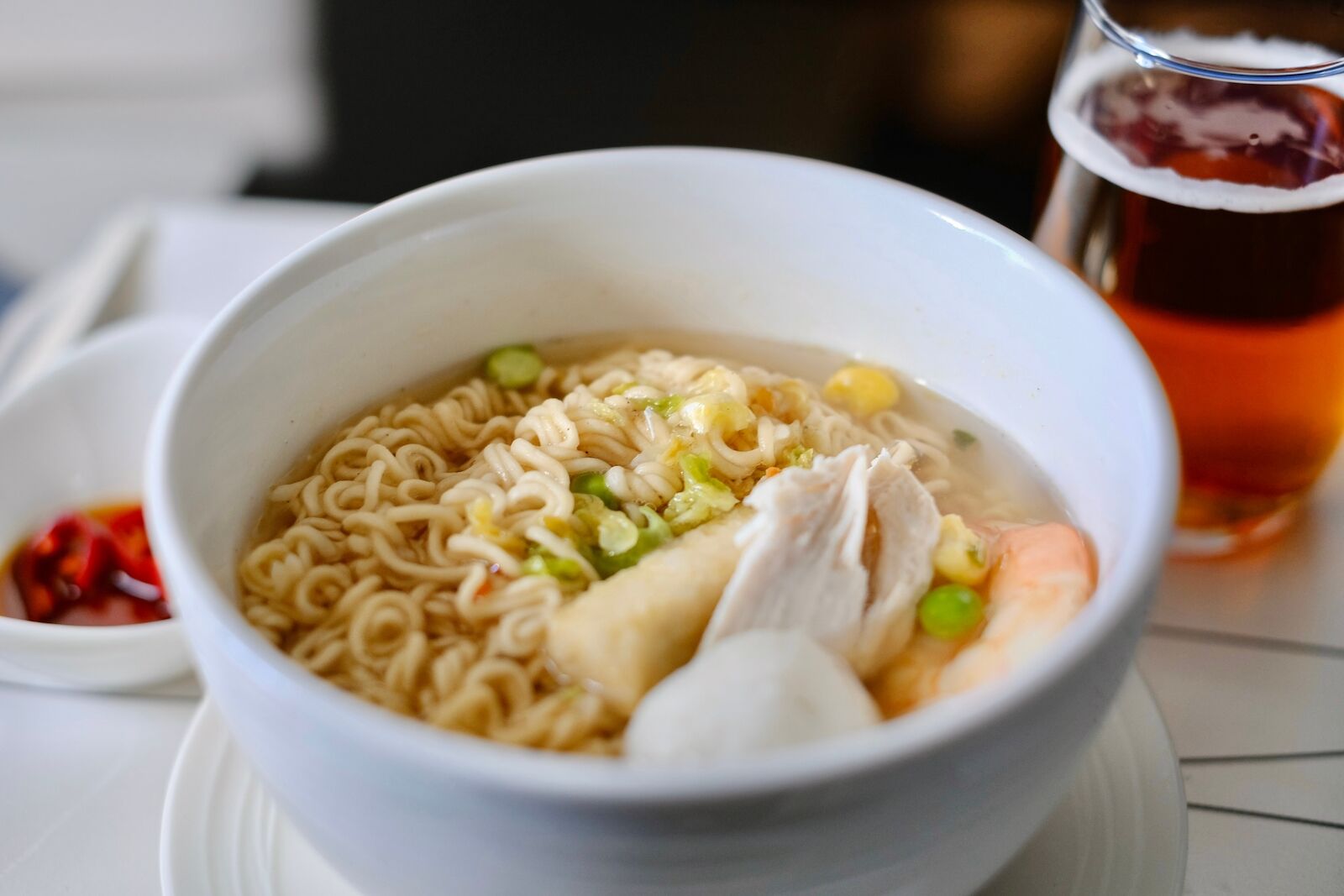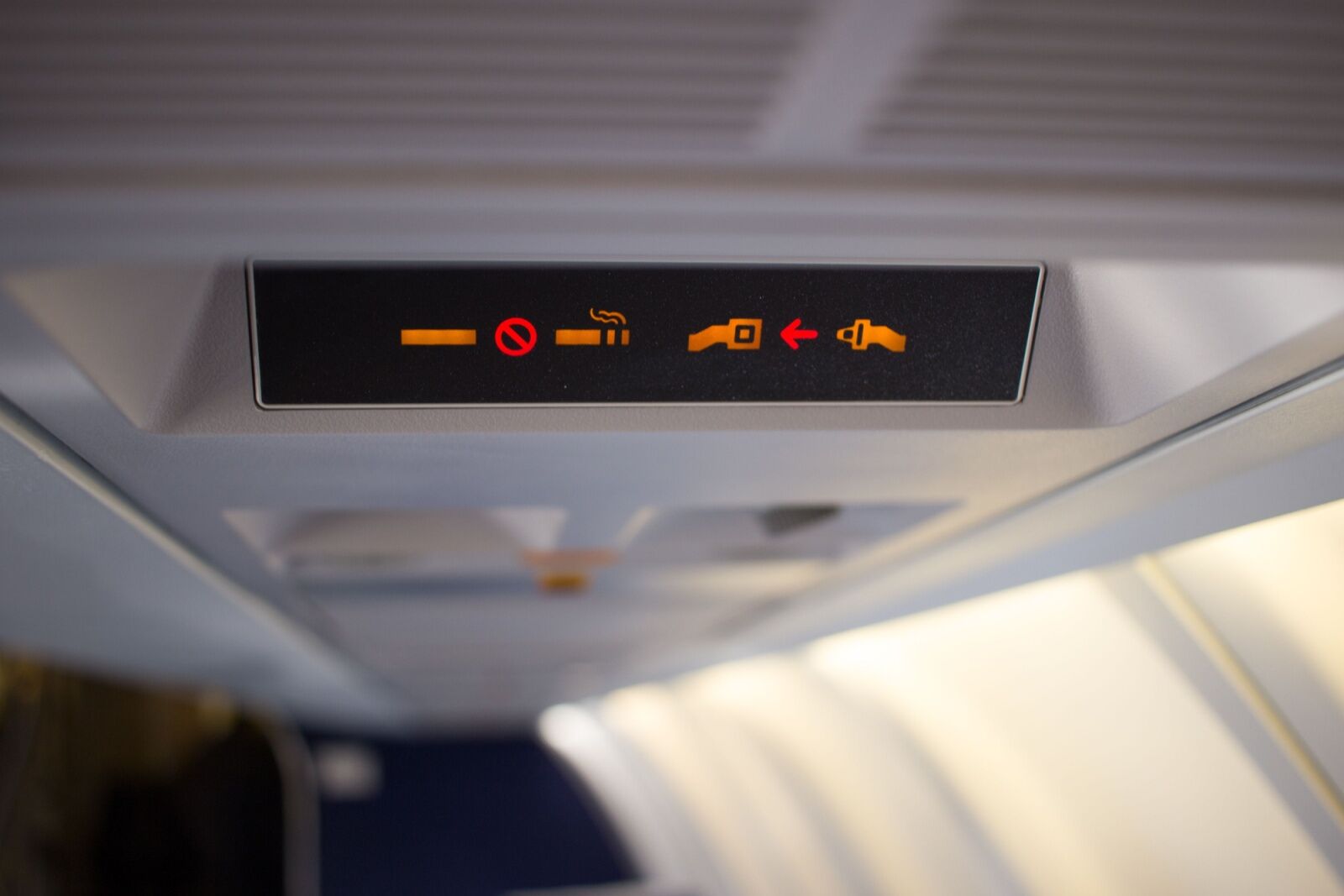There’s bad news out there for flyers who get alarmed by airplane turbulence: Flights have been more turbulent in recent years than ever before, and it’s a trend expected to continue. And summer is generally the most turbulent season for flying in any year, since summer thunderstorms and rising pockets of warm air (caused by ground-level temperatures) can increase the bumps, jolts, and drops you feel at 30,000 feet.


Flights Are Now so Turbulent That One Airline Will Stop Serving Noodles
Airlines, pilots, and air traffic controllers always attempt to minimize turbulence, but one airline is going one step further and making what some will consider a drastic change due to the risk of turbulence. As of August 15, economy-class travelers on Korean Air will no longer be able to order ramen during flights. The change applies only to economy class, Korean Air told the BBC, as the narrow aisles and closeness with which passengers are packed together can increase the risks of burns if the noodles spill mid-air. The Airline also shared that reports of turbulence on flights had doubled since 2019.

Business- and first-class customers can still order the salty snack. Photo: Jina Ihm/Shutterstock
Korean Air is the flagship carrier of South Korea, and flies from major airports in the US including LAX, JFK, Dulles (near DC), Seattle, Dallas, and more. It flies to 13 destinations in Korea. The removal of ramen from the menu is likely to disappoint many customers between the two countries, as the World Instant Noodles Association estimates that Americans and South Koreans eat 5.1 million and 4.1 million servings of ramen annually, respectively. Responses to the news on social media were a mixed bag, with some users supporting the decision and others lamenting the loss.
Why is in-flight turbulence up in 2024?

Photo: razzel/Shutterstock
Flights around the world have become increasingly more turbulent in the last decade or so, likely for several contributing reasons.
Climate change and an increase in greenhouse gasses are often cited as the primary culprits. As the planet warms, the jet stream (a high-atmosphere, constant stream of high wind that circles the earth) is becoming increasingly unstable. That leads to more frequent and more intense wind shifts and changes, which are challenging to predict and avoid. The overall increase in air traffic over the last decade or so also means there are more planes in the air to encounter turbulent air masses, contributing to a higher incidence of turbulence reports.
If you must have ramen as your mid-air snack, there’s nothing to stop you from bringing your own Cup Noodles or Nongshim Noodles on the flight, and ordering a cup of hot water. But there’s nothing to stop the flight attendants from telling you it’s not allowed, either.